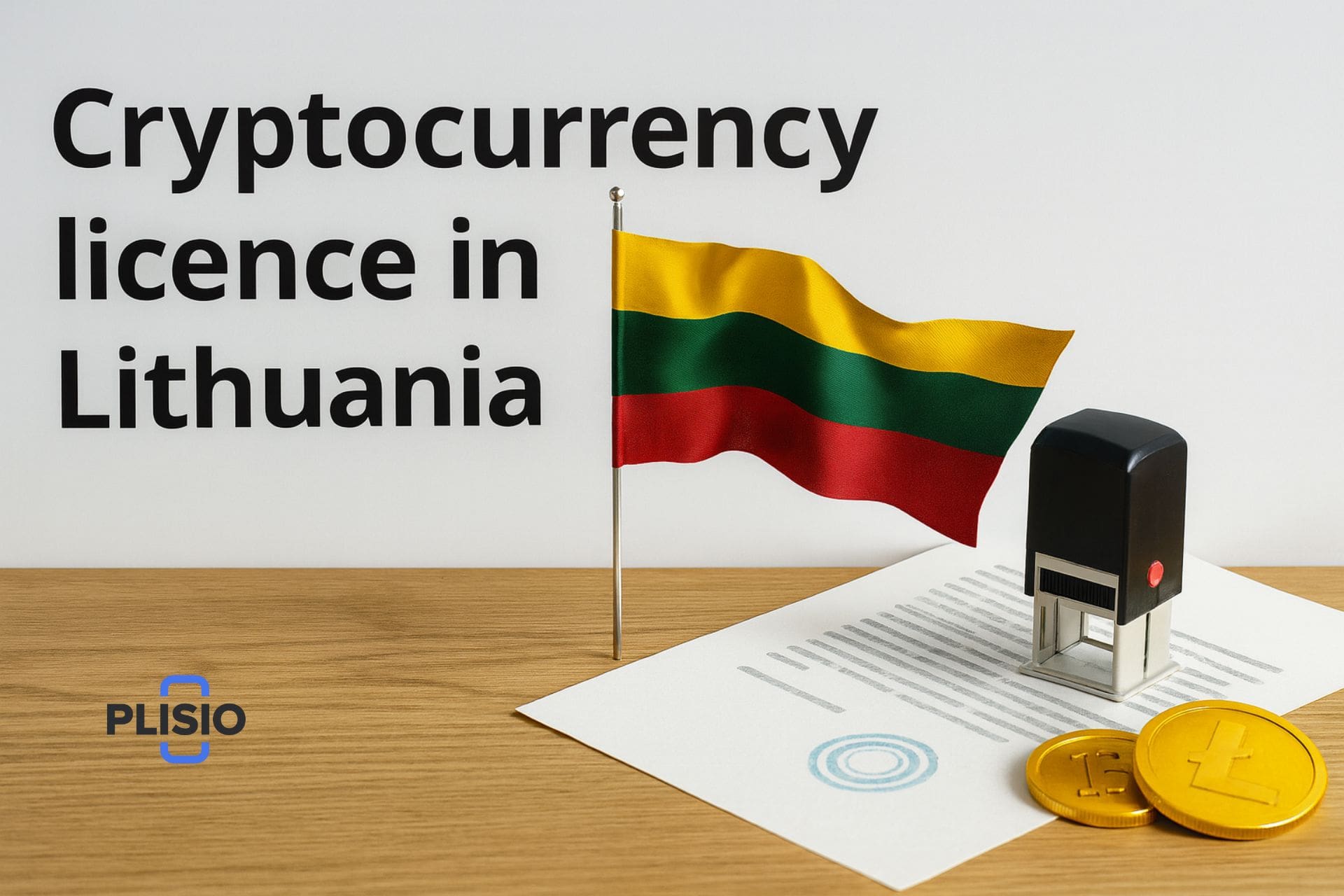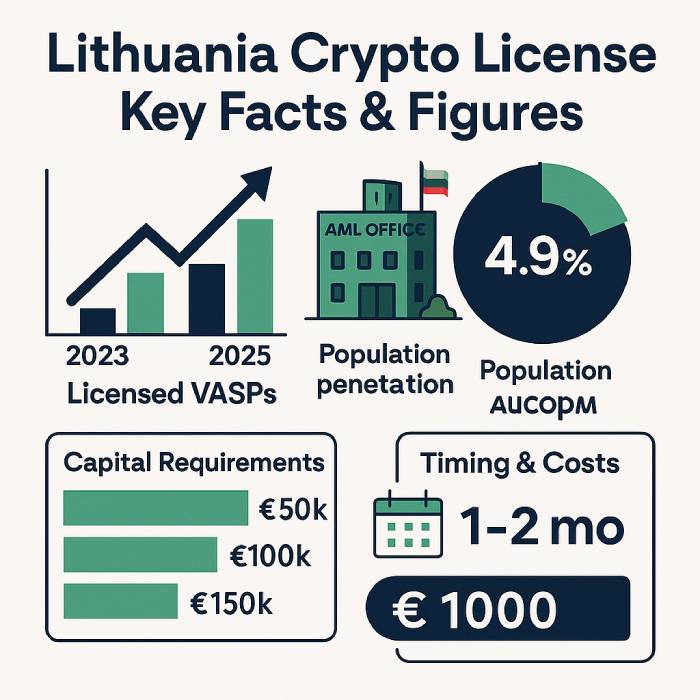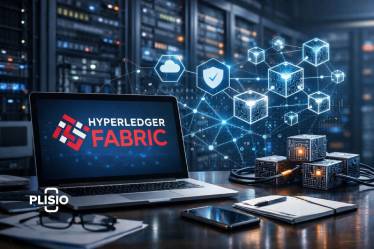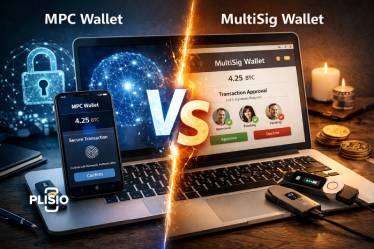Obtaining a Lithuania Crypto License

Obtaining a crypto license in Lithuania has become a strategic move for blockchain companies aiming to operate within the European Union. Known for its efficient regulatory procedures and business-friendly environment, the Lithuania crypto license offers one of the most accessible paths for securing legal status as a virtual asset service provider (VASP) in Lithuania. The framework allows firms to engage in cryptocurrency exchange, wallet custody, and token transfer activities under a compliance-driven structure aligned with both Lithuanian and EU standards.
The appeal of the crypto license in Lithuania lies in its mix of legal clarity, quick registration process, and moderate entry requirements. Startups and established crypto companies benefit from a smooth procedure that includes setting up a local company in Lithuania, appointing a compliance officer, and registering with the Bank of Lithuania. With MiCA regulation on the horizon, obtaining a Lithuanian crypto license today ensures not only compliance with current laws but also readiness for future EU-wide crypto regulations.
Why Lithuania is a Hub for Crypto Businesses
Lithuania has emerged as one of the most attractive jurisdictions for crypto entrepreneurs in Europe. While Estonia often gets the spotlight for its digital-friendly environment, Lithuania offers equally appealing opportunities for crypto businesses looking to operate legally within the European Union.
This comprehensive guide will help you understand how to obtain a Lithuania crypto license in 2025, the steps for crypto company registration in Lithuania, and the key regulatory requirements in Lithuania set by the Bank of Lithuania. By the end, you’ll see why Lithuania is one of the best environments for cryptocurrency and blockchain businesses to grow.
Benefits of Getting a Lithuania Crypto License
Obtaining a crypto license in Lithuania allows companies to operate legally across the entire European Union. Lithuania’s reputation as a transparent and compliant jurisdiction for crypto business attracts investors and ensures long-term trust with regulators.
The country was among the first to implement the Markets in Crypto-Assets (MiCA) framework, harmonizing crypto regulations across EU member states. This creates stability for licensed companies and ensures that all crypto activities meet consistent regulatory requirements.
Holding a crypto exchange license in Lithuania allows businesses to engage with investors safely and professionally. Lithuania’s membership in the EU also provides access to a €17 trillion market — an enormous opportunity for crypto asset service providers.
Types of Crypto Licenses in Lithuania
Before MiCA takes full effect in 2025, Lithuania still issues two types of crypto licenses that companies can apply for until May 31st, 2025:
Cryptocurrency Exchange License (VASP license in Lithuania) – This license allows companies to operate a cryptocurrency exchange, offering crypto-to-crypto and crypto-to-fiat trading. Businesses with this license may also provide cryptocurrency and blockchain services like staking and digital asset management.
Cryptocurrency Wallet License – Also known as the Virtual Currency Wallet Service Provider (VCWSP) license, it allows companies to offer custodial and non-custodial cryptocurrency wallets. Licensed companies must ensure data protection and implement strict AML and KYC procedures.
After May 2025, all crypto businesses must comply with MiCA regulation and obtain a CASP license in Lithuania (Crypto Asset Service Provider license). The MiCA framework applies to various crypto activities, including crypto exchange services, custody of digital assets, and crypto advisory or information-based services.

Regulatory Requirements for a Crypto License in Lithuania
The Bank of Lithuania oversees all license applications. To operate as a licensed company in Lithuania, you must comply with several legal and operational requirements.
Company registration process:
A company in Lithuania must be incorporated as an LLC (UAB) and registered in the Register of Legal Entities. Most crypto companies can complete registration within two weeks if all documents are properly prepared.
Minimum capital requirements:
Before MiCA, companies needed a minimum share capital of €125,000 to launch a crypto business in Lithuania. Under MiCA, the minimum ranges from €50,000 to €150,000, depending on the business model and risk profile.
Financial and operational obligations:
Beyond share capital, crypto companies must budget for AML/KYC/CFT compliance, auditing, reporting, and regular certification of staff. Compliance is not a one-time task but an ongoing responsibility.
AML, KYC, and compliance:
Lithuania enforces strict anti-money laundering (AML) and know-your-customer (KYC) procedures. Crypto businesses must verify user identities, monitor transactions, and report suspicious activities. A designated compliance officer — a Lithuanian resident with no criminal record — is required to maintain contact with authorities.
Risk management and data protection:
Companies must create internal risk management systems and follow GDPR standards. This includes appointing a Data Protection Officer (DPO) and securing user data according to EU laws.
Step-by-Step Guide to Getting a Lithuania Crypto License
Step 1: Prepare Documentation
Create a detailed business plan covering your products, target markets, risk management, and financial projections. The plan should clearly outline how your company in Lithuania meets regulatory requirements.
Step 2: Register Your Company
Incorporate your crypto company in Lithuania through the Register of Legal Entities. Open a local bank account, notarize the necessary paperwork, and obtain your VAT number.
Step 3: Submit a License Application
File your crypto license application with the Bank of Lithuania. Include all corporate documents, business plans, proof of share capital, and background information on directors and key personnel.
Step 4: Ensure Compliance
Establish AML and KYC policies that align with EU directives and MiCA regulations. Crypto businesses must continuously monitor transactions and maintain updated compliance systems.
Step 5: Pay Fees and Await Approval
The government fee for a license in Lithuania is around €1,000. The review process usually takes several months, depending on the complexity of the crypto business model and documentation quality.
Common Challenges for Crypto Businesses in Lithuania
While Lithuania stands out as a favorable crypto jurisdiction, some challenges remain. Language barriers can make communication with authorities harder, as documents must be submitted in Lithuanian. Additionally, companies must navigate both national laws and broader EU rules.
The requirement for a resident AML officer can also be challenging, as this individual must be based in Lithuania and have a clean criminal record.
Capabilities of VASP Licensed Companies in Lithuania
VASP (Virtual Asset Service Provider) companies registered in Lithuania can engage in several cryptocurrency activities under the Lithuania crypto license:
- Exchange crypto to crypto – VASPs are authorized to exchange between different virtual assets (utility tokens and coins). Security token trading requires an investment firm license.
- Exchange crypto to fiat and fiat to crypto – The cryptocurrency license in Lithuania allows the exchange of cryptocurrencies for fiat currencies such as USD, EUR, and GBP.
- Storage of crypto on behalf of users – With a VASP license in Lithuania, companies can store crypto assets for clients via custodial crypto wallets.
- Informational services on balances – Authorized VASPs manage and safeguard cryptocurrency depository wallets, offering transaction and balance information.
- Transfer crypto to third parties – VASPs can send cryptocurrency between wallets on client request, acting as intermediaries.
- Staking services – Crypto companies may provide staking as a passive income service.
- Fiat storage and exchange – VASPs may accept fiat prepayments before exchanging them for crypto.
- ICO (Initial Coin Offering) – Lithuanian VASPs can conduct ICOs, issuing utility tokens under a regulated environment.
European Alternatives to Lithuania Crypto License
Lithuania remains one of the most attractive jurisdictions for crypto businesses, but other EU countries also provide opportunities:
- Poland: Fast license process and a large domestic market.
- Estonia: Advanced e-governance and digital identity systems.
- France: Strong financial reputation, though with higher costs.
Conclusion: Why Choose Lithuania for a Crypto License
Lithuania has become a leader in the regulation of crypto business due to its clarity, speed, and transparency. Getting a Lithuania crypto license allows companies to operate legally across the EU, opening access to one of the largest crypto markets in the world.
For those seeking to get a Lithuania crypto license or expand cryptocurrency and blockchain projects within the EU, the Republic of Lithuania offers a stable, modern, and compliant ecosystem that fosters innovation and growth.




